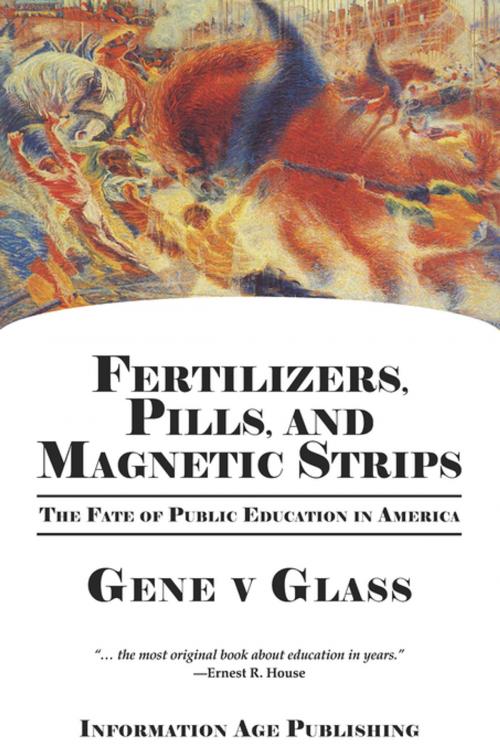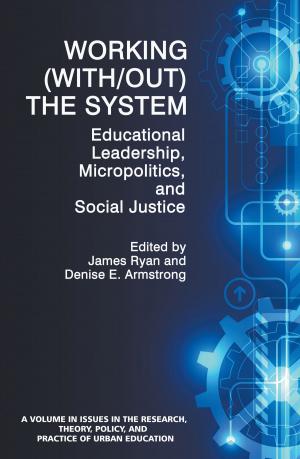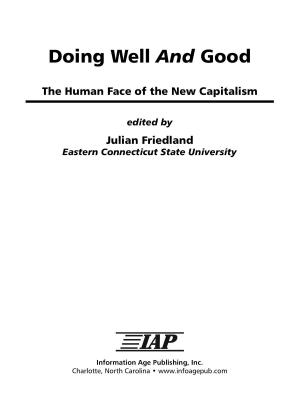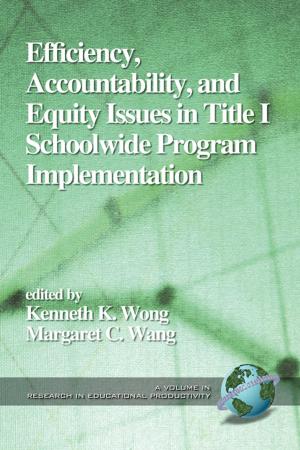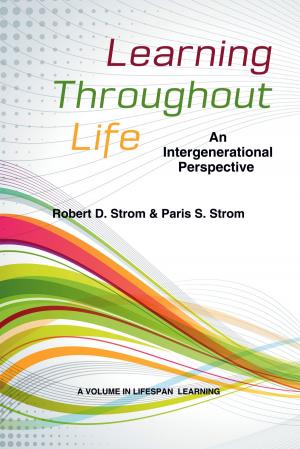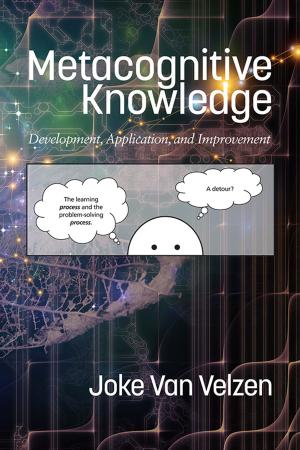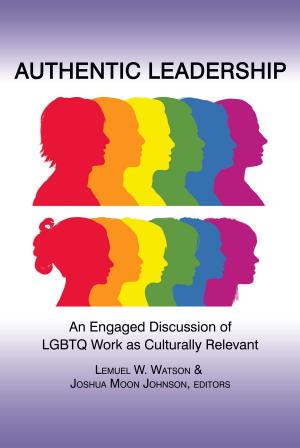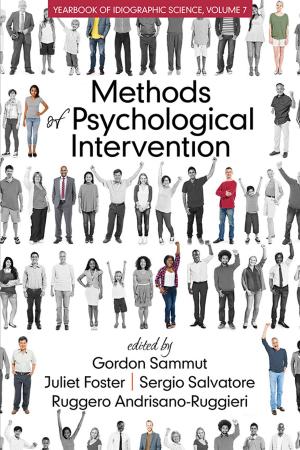Fertilizers, Pills & Magnetic Strips
The Fate of Public Education in America
Nonfiction, Reference & Language, Education & Teaching, Higher Education, Administration| Author: | Gene V Glass | ISBN: | 9781607526490 |
| Publisher: | Information Age Publishing | Publication: | March 1, 2008 |
| Imprint: | Information Age Publishing | Language: | English |
| Author: | Gene V Glass |
| ISBN: | 9781607526490 |
| Publisher: | Information Age Publishing |
| Publication: | March 1, 2008 |
| Imprint: | Information Age Publishing |
| Language: | English |
Now available for Kindle. Click here.
"We shape our tools and then they shape us." With these words, Kenneth Boulding captured one of the great truths of the modern world. In Fertilizers, Pills, and Magnetic Strips, Gene V Glass analyzes how a few key technological inventions changed culture in America and how public education has changed as a result. Driving these changes are material selfinterest and the desire for comfort and security, both of which have transformed American culture into a hyperconsuming, xenophobic society that is systematically degrading public education. Glass shows how the central education policy debates at the start of the 21st century (vouchers, charter schools, tax credits, highstakes testing, bilingual education) are actually about two underlying issues: how can the costs of public education be cut, and how can the education of the White middleclass be "quasiprivatized" at public expense? Working from the demographic realities of the past thirty years, he projects a challenging and disturbing future for public education in America.
Now available for Kindle. Click here.
"We shape our tools and then they shape us." With these words, Kenneth Boulding captured one of the great truths of the modern world. In Fertilizers, Pills, and Magnetic Strips, Gene V Glass analyzes how a few key technological inventions changed culture in America and how public education has changed as a result. Driving these changes are material selfinterest and the desire for comfort and security, both of which have transformed American culture into a hyperconsuming, xenophobic society that is systematically degrading public education. Glass shows how the central education policy debates at the start of the 21st century (vouchers, charter schools, tax credits, highstakes testing, bilingual education) are actually about two underlying issues: how can the costs of public education be cut, and how can the education of the White middleclass be "quasiprivatized" at public expense? Working from the demographic realities of the past thirty years, he projects a challenging and disturbing future for public education in America.
